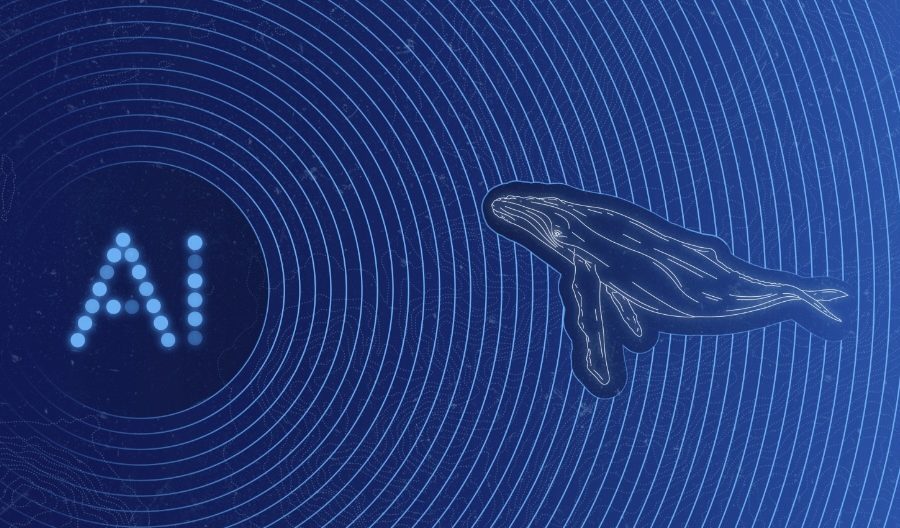
Hardware superiority is no longer enough to guarantee a victory in modern warfare. The calculated and deliberate use of technology now provides significant opportunity to enhance and improve hardware systems, sensors and platforms. More than ever before, it is vital that we not only continue to invest in hardware but also consider how best to combine capabilities and deploy them in concert to gain a competitive advantage.
Increasing sensor capabilities are a direct manifestation of this. Higher volume, increased fidelity, data volumes collected from an increasing range of platforms and locations offer significant possible operational advantages. But in order to realise advantage in practice, data must be processed both accurately and at mission-relevant speeds. With such high volumes of data, this is beyond human capability. Artificial intelligence (AI) shows promise in helping organisations unlock the value of data, though many challenges must first be overcome to achieve this in practice.
The critical importance of data
In the underwater battlespace where forces rely heavily on sonar technology to detect threats, navigate safely, and protect undersea infrastructure, the opportunities and challenges surrounding data processing are amplified.
Gaining a better understanding of increasing volumes of sonar data has potentially game-changing potential, but only if it is harnessed accurately and at a tempo suitable for the use case. While it is important to quickly process vast amounts of sonar data to turn it into actionable intelligence, operators are already pressed for time, making it difficult to do this effectively. Collecting more data without performant and scalable processing methods, in fact, creates more problems than it solves.
Separating the information from the noise
The unpredictable nature of undersea environments, including variations in water temperatures, salinity, currents and weather, a high noise intensity, and complex non-linear propagation pathways, makes sonar signal processing challenging. Sounds can be detected hundreds of miles away from a combination of different sources but may arrive at different times or be incomplete as they travel across different propagation pathways.
Combined with this, larger arrays of sonar sensors mean that thousands of combinations of sensor outputs can be generated through beamforming, allowing operators to pinpoint sounds originating from different directions. While theoretically useful, there are already too many beams for an operator to sift through manually. This means that often only part of the space is listened to. Even in those parts, and with experienced operators, signals can be missed due to overlapping signatures and distortion from the environment complexity.
The result is that while the hardware, sensors, and raw data containing valuable information are already deployed, their full potential cannot be realised without the ability to turn data into actionable intelligence. We must focus not only on obtaining more data, but also on improving data processing methods.
An opportunity for AI combined with human intelligence
AI offers potential here. This potential can be accelerated if the focus is shifted from ‘next generation’ to how it can help solve real-world problems now.
One of the most beneficial ways we already use AI is taking advantage of its ability to automate tasks, reducing their completion time and increasing accuracy while saving human resources. In the sonar space, AI is ideally suited to reduce the cognitive burden on sonar operators. It can be used to reduce noise and distractions, whilst helping to better prioritise an operator’s focus and time. This interface with operators is an essential component of any designed system and requires ongoing consideration of operators’ experience and needs, such as current workflows and explainability requirements.
Additional challenges result from the sensitivity of sonar data; there are hurdles in accessing sufficient relevant training data, meaning that data-intensive machine learning approaches can struggle from the outset. Instead, a more nuanced approach is required, that leverages existing operator knowledge and best practice. By working together to understand these best practices, it is possible to directly encode this human understanding of the maritime domain into a solution. In turn, this can reduce problem complexity and associated data demands for training. The combination of advanced techniques, together with hard-won operator knowledge of best practices helps harness data far more efficiently.
Combining human sonar expertise
While the sonar space clearly has challenges in deploying AI, by combining it with human sonar expertise in carefully designed architectures, AI can have a meaningful impact now. Effective signal processing models empower human operators to quickly comprehend evolving and potentially dangerous situations. By recognising AI as a truly efficient solution capable of delivering immediate value and by thoroughly grasping the intricacies of sonar challenges, we can maximise the performance of these systems at scale.
We must design for deployment. This allows us to build solutions that can solve real-world challenges instead of just performing well in theory. In the highly competitive and strategically vital maritime arena, seizing this opportunity is imperative.
Article submitted by Alistair Garfoot, Mind Foundry’s Director of Intelligence Architecture.








